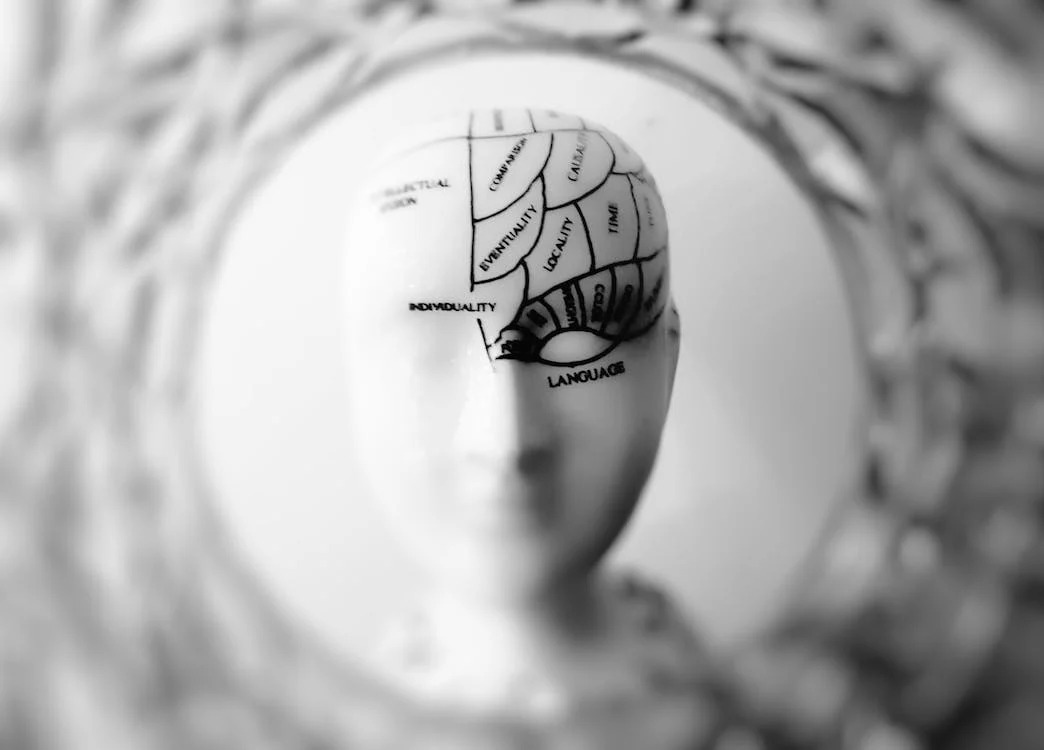While the medical community has long held that depression is caused by a chemical imbalance in the brain, recent research suggests that this explanation is overly simplistic. In this article, we will examine some of the alternative explanations for depression and why a chemical imbalance doesn’t explain this complex condition.
Life Events and Trauma
One of the most common causes of depression is life events and trauma. This can include the loss of a loved one, a divorce, a job loss, or a major illness. These events can trigger feelings of sadness, hopelessness, and helplessness that can lead to depression. In many cases, these feelings can persist even after the traumatic event has passed, leading to a prolonged state of depression.
Genetics
Another factor that can contribute to depression is genetics. Depression can run in families, and some people may be genetically predisposed to this condition. However, genetics alone does not explain depression. Instead, genetic predisposition interacts with environmental factors, such as life events and trauma, to increase the likelihood of depression.
Brain Structure and Function
Depression has also been linked to changes in brain structure and function. For example, people with depression often have a smaller hippocampus, a region of the brain that is important for memory and learning. In addition, depression has been associated with changes in the activity of neurotransmitters, such as serotonin, which are involved in regulating mood. However, while changes in brain structure and function may contribute to depression, they do not explain it completely.
Cognitive Styles and Negative Thinking
Cognitive styles and negative thinking can also play a role in depression. People with depression often have negative thoughts and beliefs about themselves, their lives, and the world around them. These negative thoughts and beliefs can become ingrained and self-reinforcing, leading to a vicious cycle of depression. For example, a person with depression may believe that they are worthless, which leads to feelings of sadness and hopelessness.
Inflammation
Inflammation has been linked to depression in recent years, and this is an area of active research. Inflammation is the body’s response to injury or infection, and it can also be triggered by chronic stress. Research suggests that inflammation may play a role in depression by affecting the brain and altering neurotransmitter activity. However, the relationship between inflammation and depression is complex and not yet fully understood.
Social and Environmental Factors
Finally, social and environmental factors can also play a role in depression. For example, poverty, unemployment, and social isolation have all been linked to an increased risk of depression. In addition, exposure to childhood trauma and abuse can also increase the risk of depression later in life. These factors highlight the importance of addressing the social determinants of health in preventing and treating depression.
Conclusion
Depression is a complex condition that is influenced by a variety of factors, including life events and trauma, genetics, brain structure and function, cognitive styles and negative thinking, inflammation, and social and environmental factors. While a chemical imbalance in the brain has been a popular explanation for depression, it is an oversimplification of a complex and multi-faceted condition. By understanding the multiple factors that contribute to depression, we can develop more effective treatments and improve the lives of those who suffer from this debilitating condition.

